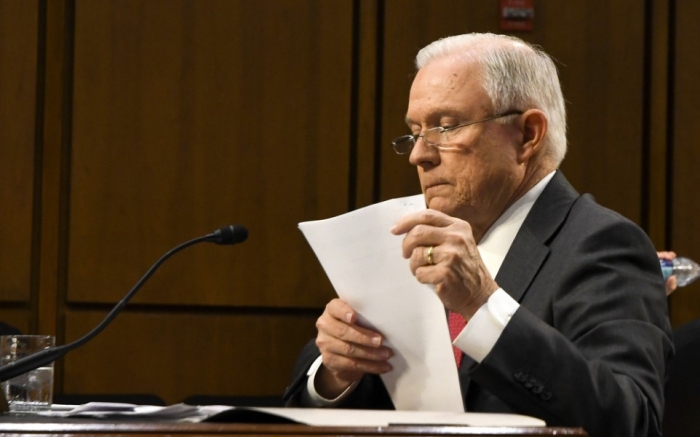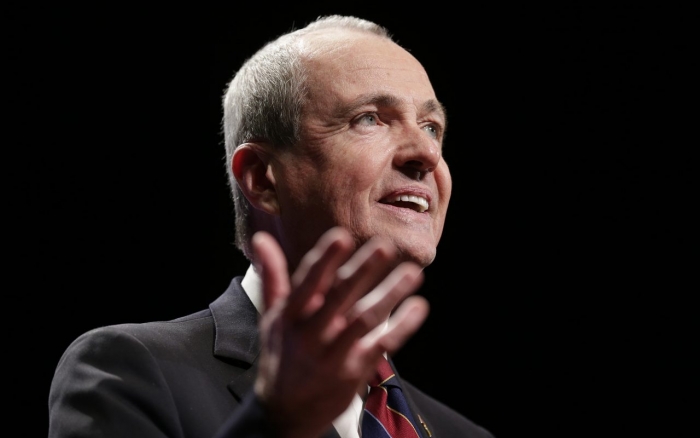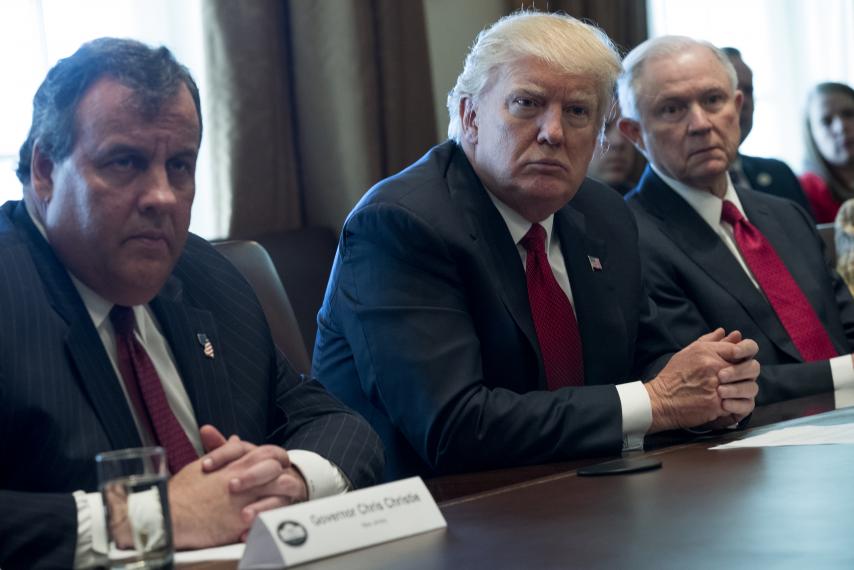In October 2017, President Trump declared a public health emergency in hopes of slowing down the catastrophic opioid epidemic our nation is fighting. One component of this administration’s plan to reduce the number of fatal overdoses and overall plight of opiate addiction included establishing a bipartisan opioid commission, led by outgoing New Jersey Governor Chris Christie. Unfortunately, according to one member of the six-person commission, the team’s work has been a “sham.”
Former Democratic Representative Patrick Kennedy, appointed to the commission because of his extensive work on the matter, told CNN the commission’s efforts have been a “charade” for the most part.
“Everyone is willing to tolerate the intolerable — and not do anything about it,” said Kennedy. “I’m as cynical as I’ve ever been about this stuff.”
Learn How the Opioid Epidemic Started in Our Series “A Nation Addicted”
When Trump declared a public health emergency with regard to the opioid crisis, many hoped that would mean additional funding to combat the mounting problem, but that simply has not been the case. The President vowed to donate his third quarter salary to the efforts last year, though that didn’t make much of a dent.
“This and the administration’s other efforts to address the epidemic are tantamount to reshuffling chairs on the Titanic,” explained Kennedy. “The emergency declaration has accomplished little because there’s no funding behind it. You can’t expect to stem the tide of a public health crisis that is claiming over 64,000 lives per year without putting your money where your mouth is.”
In 2016, more Americans lost their lives to fatal opioid overdoses than throughout the entire Vietnam War.
The public health emergency status was to last 90 days and expire today, Jan. 23. But because of the shutdown of the government late last week, acting-Secretary of the Department of Health and Human Services Eric Hargan signed a 90-day extension.
“For people and families struggling with addiction in this epidemic, it’s essentially been a government shutdown from the start,” Kennedy added.
The nephew of the late President John F. Kennedy, Patrick has faced his own issues with drug addiction in the past and is determined to see an end to our nation’s crippling overdose dilemma.
“I just keep thinking there is no profile in courage in that vote. My uncle made it very clear: This country was the place to put the national interest over the party.”
Kennedy said he believes the Trump administration is ignoring that sentiment and prioritizing politics over the lives of everyday Americans. The career politician anticipates the next target of the Republican-controlled government will be an unraveling of Medicaid, which he highlights as one of the best resources we have in this battle.
“We’re going to lose more money in a year than we could spend in a decade to solve this crisis,” he said. “There’s just going to be no way they’re going to do anything that rises to any level of meaningful effort towards tackling this crisis.”
“No way, no how… we’ve got a human addiction tsunami, and we need all hands on deck,”
The opioid commission technically finished out their terms on Dec. 1 after delivering their complete findings, though they never heard the feedback that was promised from President Trump about their nearly 60 recommendations for a solution.
According to members of the commission, the President never even met with them.
“We’re going to be taken down by the enemy from within, and it’s our inability to see the handwriting on the wall, to see the depths of despair and to know that we need a gut-check in our country to really understand what does this mean for us as a nation and what are we going to do to address it,” Kennedy pleaded. “We’re in an existential crisis right now.”
credit:marijuana.com













